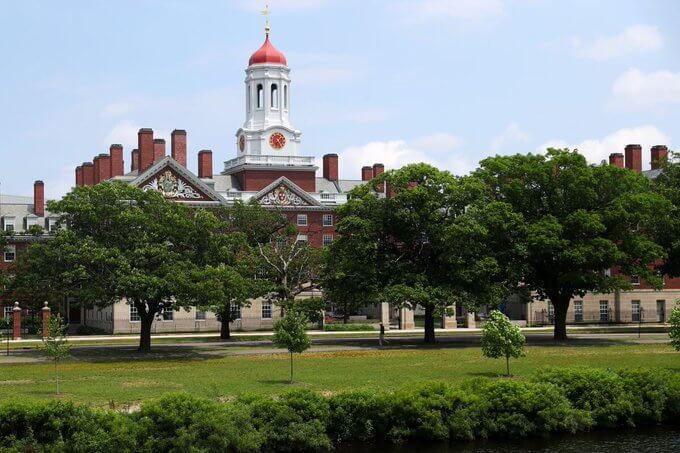In a shocking development, the Trump administration has blocked Harvard University from enrolling international students. This move, though seemingly targeted at a single institution, carries dangerous implications for America’s economy, innovation pipeline, and global reputation.
Why Blocking International Students at Harvard University Matters
Harvard University is not just an Ivy League institution—it’s a global symbol of academic excellence. It attracts some of the brightest minds from every continent. These students don’t just attend classes; they conduct groundbreaking research, contribute to the U.S. economy, and often stay back to build companies, teach, and innovate.

By banning international enrollment, the U.S. sends a message that top global talent is no longer welcome—an approach that could backfire for decades.
The Economic Impact of Targeting Harvard University’s International Students
International students at Harvard University and other U.S. institutions contribute billions to the economy. In 2019, their overall economic contribution was $38.7 billion. From tuition fees to housing and daily expenses, they support thousands of local jobs and businesses.
Targeting Harvard sets a dangerous precedent. If other institutions face similar blocks, the financial damage could be catastrophic—not just for universities but for the towns and cities that depend on student activity.
Advertisment
How This Hurts American Innovation
Many international students at Harvard University are pursuing cutting-edge research in fields like AI, biotech, and sustainable energy. These are the minds America should be nurturing—not rejecting.
America’s greatest companies—like Google and Tesla—were built by immigrants. By blocking their academic journey at Harvard, the U.S. may lose the next wave of breakthrough innovators to countries like Canada, the U.K., or Germany.
Harvard University and America’s Global Reputation
The global appeal of Harvard University has always enhanced America’s soft power. Graduates return to their home countries with deep respect for American values and culture. They become global ambassadors of the U.S. educational system.
This decision damages that goodwill. The long-term impact? Fewer students choosing America. Fewer future leaders with American education. And a weaker global presence.
Conclusion
Blocking international students at Harvard University is a policy that reflects political short-sightedness over national progress. It weakens the economy, shuts the door on top talent, and risks America’s global leadership.
To remain a world leader, the U.S. must keep its doors open to the best and brightest. That starts with reversing harmful decisions like this one.



